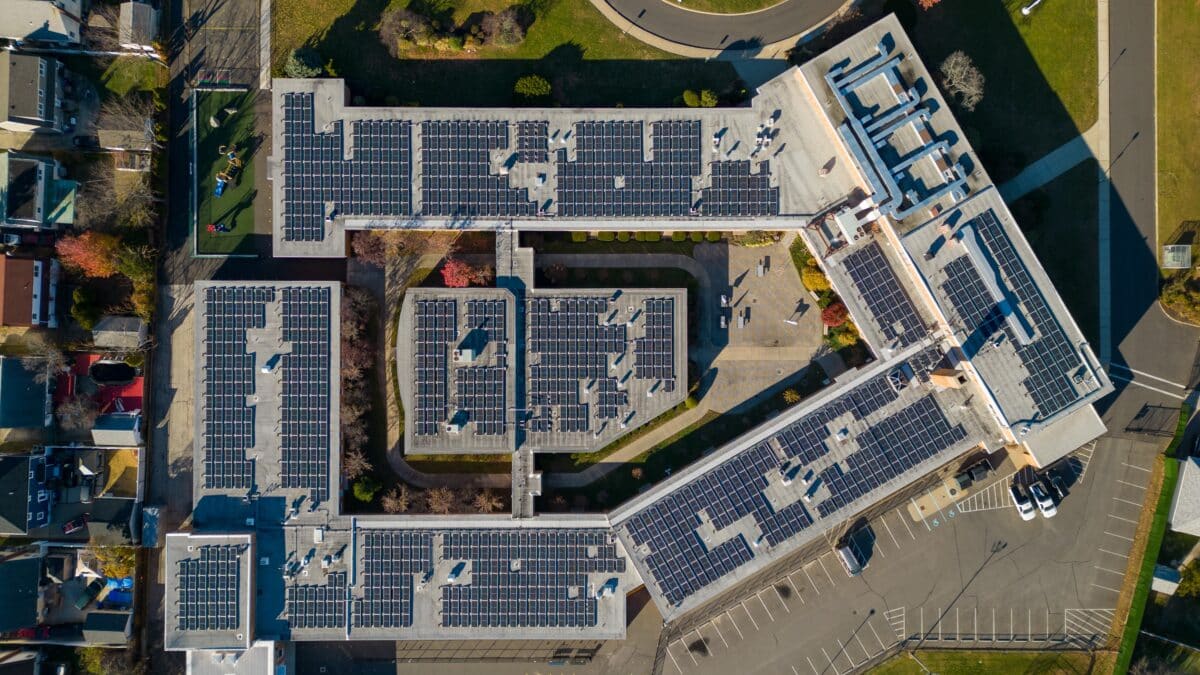Region
What Is The Current Energy Transition Strategy?
Successfully switching to renewable energy requires a well thought out strategy. There are multiple stages in the transition, and each must be considered.
Where Does India Stand in the Energy Transition?
India has one of the largest installed renewable energy capacities globally, but the country's current share of renewable energy does not cover its "fair share" of decarbonisation efforts. However, with its GDP steadily growing, it is perfect timing for India to capitalise on renewables.
Energy Transition in Singapore: A Renewable Energy Leader in Asia
The WEF's 2021 Energy Transition Index puts Singapore as the highest rated country in Asia. Despite the country's lack of resources, they have developed a unique strategy focusing on clean energy. Here's a look at how Singapore does it.
Energy Transition Fund – Capitalising on Renewable Energy
The global change to renewable energy has largely been financed by governments and public institutions but the energy transition cannot be fully funded by governments. There is significant room for the private sector to become more involved.
Hin Kong – Could the Thailand Gas Project Derail AIIB’s Reputation?
The AIIB will later this month decide whether to fund Hin Kong, a 1,400 MW gas project in Thailand. However, the voices against such a decision are getting louder and louder. Will AIIB take the right step?
What the 2021 China Wind Power Boom Means for the World
China is a central actor for the world’s energy and climate future. As such, the latest figures about the rapid growth of the new solar and wind power capacity in the country in 2021 send a positive signal for the world's net-zero journey.
The ASEAN Energy Outlook 2022- Advancing Energy Transition Through Innovation
The ASEAN energy outlook is promising – the countries have laid the groundwork and are ready for the energy transition. The potential is there - but where should we start?
Asia-Pacific’s Role in Climate Diplomacy
Fossil fuel rich countries have historically controlled climate diplomacy. As the world transitions to renewable energy, these countries will lose their global pull. This opens the door for countries to dictate their own future without the risk of damaging relationships with energy exporting allies.
What Is Behind the Japan Ammonia Greenwash Accusations?
The Japan ammonia greenwash accusations are the latest testament of the country's hesitance to actively pursue a renewable-led future. After hydrogen, it now looks towards another fuel that experts consider more of a distraction, rather than a solution.
How the Oil and Gas Sector Can Drive Renewable Energy Growth
The oil and gas sector currently employs over 12.6 million people, but demand is shrinking. On the other hand, demand for renewable energy workers is increasing.
Can Governments Implement Behavioural Change for Energy Transition?
While governments and big business are often held responsible for emissions, consumers also play a role. Behavioural change of consumers can influence change in both businesses and governments. These changes can drive impacts like subsidy swaps, fossil fuel funding restrictions, and global policies.

Innovative Energy Distribution Systems for a Fair and Just Energy Transition
Historically large vertically integrated energy providers have dominated the market. Lack of competition from energy providers has created a stagnant industry with minimal competition and interest in innovation. With the adoption of distributed energy systems, the major utilities are being challenged, spurring innovation. Energy providers will have to look to new business models to remain relevant.
How Banks Are Making It Hard to Fight Climate Change
While banks are increasingly looking to diversify into climate-friendly portfolios, many institutions continue to back coal. Due to their increased responsibility and influential role in fighting climate change, banks should aim to end support for coal expansion and redirect financing towards renewable energy projects.
The Reality Behind China’s Net-Zero Target: Can It Be Achieved?
China's 2060 net-zero target is starting to appear in question. Their recent increase in coal production, combined with lacklustre commitments at COP26, are not good signs. This raises several red flags, as China has significant influence over the region, and their climate actions will have trickle-down effects that dictate regional net-zero progress.
Most Popular
Categories
-
10
-
35
-
126
-
4
-
17
-
46
-
52
-
11
-
10
-
15
-
24
-
6
-
1
-
5
-
6
-
284
-
200
-
17
-
24
-
1
-
1
-
23
-
41
-
44
-
88
-
18
-
86
-
41
-
17
-
11
-
43
-
54
-
86
-
299
-
22
-
44
-
36
-
11
-
42
-
36

